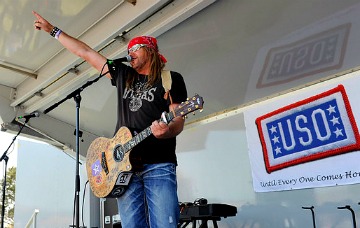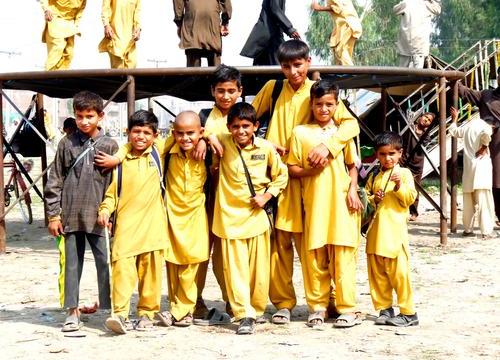Courage?

One virtue BIG THINK has not been big on is COURAGE. That might be a problem. According Aristotle, courage is not only the first of the virtues, but all the other virtues participate in it. His opinion is much more reasonable, I think, than those who attempt to root all virtue in empathy.
To be courageous is to live well with danger. We all have to do that! Doesn’t all virtue require not being enslaved to fear, being ready to risk everything for the right cause or principle or person or place?
People who praise being an entrepreneur often talk up risk-taking. But what they usually mean isn’t even quite courage at all. The risk is that someone might end up poor. They don’t often mean risking total oblivion—as did the pioneers and explorers and even inventors of the past. (The praise of the courage of Steve Jobs in the face of his untimely death, which may be just, has nothing to do with his job.)
So someone might say courage has become irrelevant. Those days in which most people have to risk their lives for their country or their religion or their cause or the truth or even their children are pretty much over. We’re even suspicious of causes that lead people to risk lives—either their own or those of others. We think we’re better off to the extent that John Lennon’s imagining become real, and there’s nothing to kill or fight for.
We tend even to think that people were crazy when they thought that there was anything higher than protecting the lives and liberty of the people around right now.
But the truth is that we need some courage, at least, to just keep our heads. Each human life is pretty darn insecure, and we have to have some virtue not to be obsessed with our personal contingency, not to be obsessed with avoiding every conceivable risk factor. So we still have to be courageous to live with the facts of both the possibility of accidental death and the necessity of eventual death. Courage will always be required to live and especially to act welll in light of what we really know.
The view that courage might become obsolete is promulgated by some transhumanists. If we free our beings from contingency by bringing them under our rational control, then all the virtues, beginning with courage, that flow from being moved by death will wither away.
The possibility of the coming SINGULARITY works against courage. Courage makes sense as a way of displaying my nobility or my virtuous transcendence of my biological limitations through fearless action if I’m going to die anyway fairly soon. But if my death need not necessarily come at any particular time, arguably all courage becomes recklessness.
Anyone who really expects to live until the SINGULARITY has every reason to be as risk-averse as possible. That person expects to transcend his biological limitations in a much more definitive way. The courageous man who dies in battle proves to us that he was more than a mere body; nonetheless, there’s no denying he’s now a dead body and nothing more (at least without faith). We’re fooling ourselves, perhaps, if we think that the memory of his life can really compensate for its real absence now.
The all-volunteer army also works against courage. The so-called Greatest Generation was filled with men who often rather routinely displayed courage in a war well worth fighting. But now we neither demand nor expect that citizens be soldiers. And President Bush the elder was the last commander-in-chief who had honorably and courageously served his country.
With the disappearance of the widespread expectation of courage, we become less grateful for those who still deploy their courage to protect us. The members of the various special forces, for example, have lives that have become so countercultural or incomprehensible that we rarely take them into account.
It’s true that Country Music still displays the citizen-soldier for our admiration, just as it takes more seriously than most of us the thought that we achieve significance by thinking of ourselves as parts of wholes greater than ourselves. Most country singers are very careful to thank God and the military, and some make them both the point of their performances.
Next time, I’ll discuss some thoughts on courage by the controversial philosopher of manliness Harvey Mansfield.





